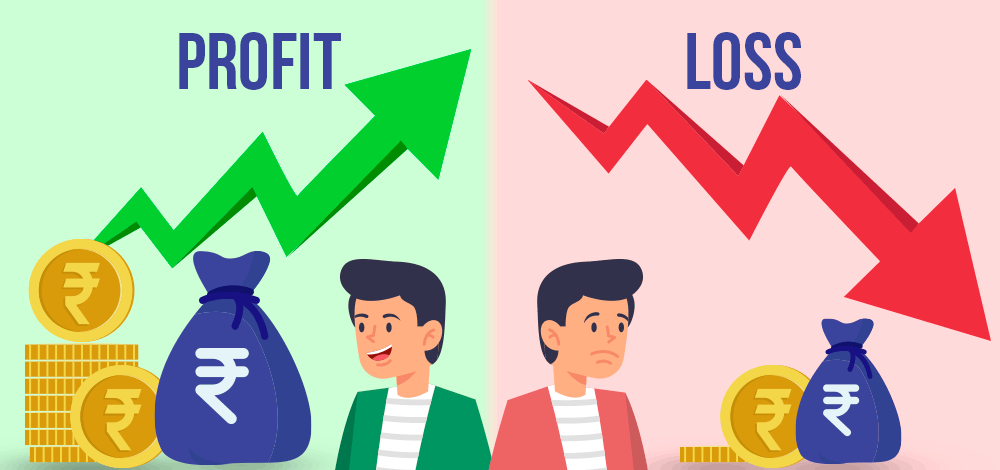
Starting a power washing business might seem like just another side hustle, but for many entrepreneurs, it turns into a high-earning, full-time career. If you’re wondering whether power washing is truly profitable, you’re not alone. In this guide, we’ll dive into real numbers, hidden costs, success strategies, and long-term earning potential — all written in plain English so you can decide if this business is right for you. 📈🧠
💦 The Simple Math: Revenue Potential
Let’s start with the basics. Power washing services are typically priced by square footage, surface type, and job complexity. Here’s what you can realistically charge:
- Driveway cleaning: $150–$300
- House exterior washing: $250–$600
- Roof cleaning (soft wash): $400–$900
- Commercial sidewalks or parking lots: $500–$2,000+
Now imagine doing just 3 jobs a day at an average of $300 per job. That’s $900 per day, or $4,500 per week if you work five days. Even part-time operators can make $1,000–$2,000 per week, depending on their market.
📌 Bottom Line: With smart scheduling and efficient equipment, gross revenue can exceed $100,000 per year—even as a solo operator.
🧾 What Are the Expenses?
Of course, gross revenue doesn’t equal profit. Here are common expenses:
- Gas-powered pressure washer: $1,000–$2,000
- Surface cleaner & hoses: $300–$600
- Cleaning chemicals: $30–$100/month
- Marketing (flyers, ads, website): $100–$500/month
- Insurance & business licenses: $50–$150/month
- Vehicle/trailer fuel & maintenance: $100–$300/month
💸 Monthly expenses typically range between $500 and $1,500, depending on your scale and marketing effort.
So if you’re pulling in $10,000/month and spending $1,000 on expenses, that’s a clean $9,000/month in profit—not bad for an outdoor gig with minimal overhead! 💵💨
Browse Amazon Here For Power Washing Equipment And Accessories
📊 Realistic Profit Margins
Most small service businesses operate on 10–30% margins. In contrast, power washing often delivers 50–80% profit margins, especially if:
- You do the work yourself (low labor cost)
- You schedule multiple jobs per day in close proximity
- You use marketing methods with high ROI (word-of-mouth, Google Reviews)
💡 Pro Tip: The key to profitability is efficiency. More jobs per day = more revenue per hour worked. And better equipment = less time per job.
🧱 What Separates a Profitable Business from a Struggling One?
Not every power washer is making six figures. Here’s what makes the difference:
1. Efficient Systems
Profitable businesses batch their jobs by location, schedule wisely, and minimize drive time.
2. Upsells
Offering add-ons like gutter cleaning, window washing, or roof soft washing can bump your job price by 30–50%.
3. High-Quality Work
This leads to referrals, repeat business, and five-star reviews — all of which generate free marketing.
4. Google Business Profile
This is your best lead magnet. If you’re not ranked locally, you’re invisible to potential clients. 🌐📍
🔁 Recurring Income Opportunities
Want to turn power washing into a stable monthly income? Consider offering maintenance plans:
- Monthly storefront cleanings
- Quarterly home exterior touch-ups
- Bi-annual HOA contracts
- Fleet washing for delivery trucks
Recurring jobs help smooth out seasonal slowdowns and give your income a boost in slow months. 📅🧽
💼 Commercial vs. Residential Profitability
Residential:
- Smaller jobs, but easier to close
- More customers available
- Faster payment turnaround
- Seasonal in some regions
Commercial:
- Bigger ticket sizes and contracts
- Slower payment (30–60 days)
- Can require bids or insurance verification
- Less competition if you’re professional and reliable
💡 Start with residential, then build toward commercial as you gain confidence, equipment, and reviews.
📉 Pitfalls That Kill Profitability
Even in a high-margin business like power washing, it’s possible to lose money or stay stuck in a low-profit cycle. Here’s what to avoid:
- Underpricing due to fear or lack of confidence
- Overbuying gear before earning enough to justify it
- Ignoring local licensing/insurance, which can lead to fines
- No marketing plan — just waiting for referrals isn’t enough early on
- Too much drive time between jobs without efficient scheduling
👎 Don’t let poor planning sabotage your potential.
🚀 Scaling Your Profits Over Time
Once you’ve got your first few dozen clients and have dialed in your workflow, you can begin scaling:
- Hire an assistant or technician
- Invest in a second trailer or truck
- Add related services like window or roof cleaning
- Raise your rates once you’re booked solid
- Build referral partnerships with landscapers, roofers, and painters
You can grow organically at your own pace — or fast-track it with smart marketing and solid operations. 🧗♂️📈
✅ Final Thoughts: Yes, It’s Profitable (If You Treat It Like a Business)
Power washing offers a rare combo: low startup cost, high demand, and strong profit margins. But like any business, your success depends on how seriously you take it. If you treat it like a weekend gig, that’s what it’ll pay. If you treat it like a professional business, it can pay like one too — and then some.
So yes, power washing is profitable — especially for those who hustle smart, take pride in their work, and keep leveling up. 💪💦💰
Browse Amazon Here For Top Rated Power Washers And Accessories






